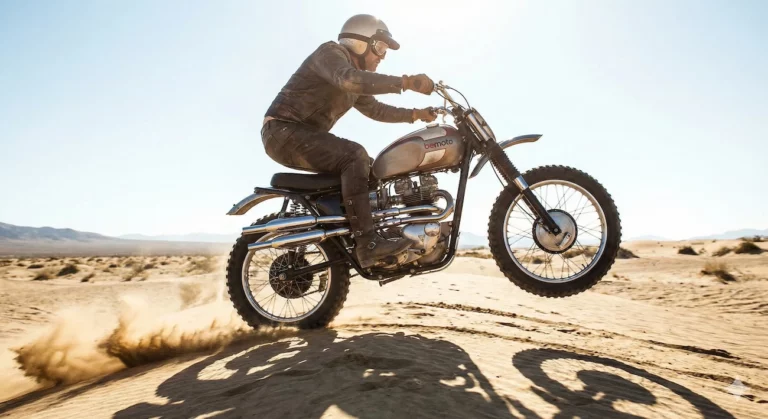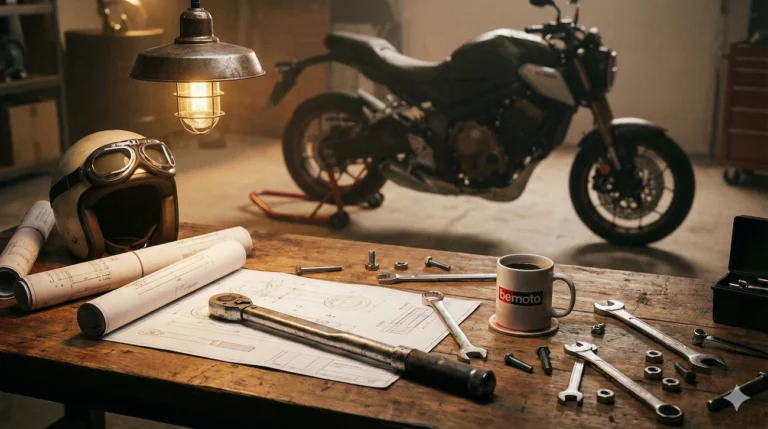
What the Fork? Mud, Sweat and Gears: A Guide to Dirt Bike History
Knobbly tyres, long travel suspension, and the smell of premix. In part eight of “What the Fork?”, we leave the tarmac behind to look at Dirt Bikes.
The Pit Stop
Share this page:

Knobbly tyres, long travel suspension, and the smell of premix. In part eight of “What the Fork?”, we leave the tarmac behind to look at Dirt Bikes.

Heated grips, massive fairings, and enough luggage space for the kitchen sink. In part nine of “What the Fork?”, we look at the bikes built for the long haul.

Police Scotland is back with its 2026 Rider Refinement North program. Spanners explains why even the most seasoned bikers should sign up to master the Highlands.

Too wide for traffic, too wet for comfort. In part seven of “What the Fork?”, we look at the eccentric world of the Trike and why we secretly love them.

The 2026 Ducati Panigale V4 S arrives with 216hp, MotoGP-derived aerodynamics, and a new symmetrical swingarm.

Extended forks, hardtail frames, and questionable handling. In part six of “What the Fork?”, we look at the rebels of the road: The Chopper.

High pipes, knobbly tyres, and zero fear. In part five of “What the Fork?”, we explore the origins of the Scrambler and why it’s the ultimate go-anywhere machine.

We are opening the doors to the BeMoto Rider Academy. From changing your oil to mastering cornering in the rain, Spanners breaks down what to expect from our new biker knowledge hub.

Discover the perfect weekend motorbike ride from London to the Cotswolds. A 2-day scenic loop packed with twisty lanes, historic villages, cosy pubs, and sweeping rural views.
BeMoto is a trading name of Moto Broking Limited registered in England and Wales, company number 09676058. Registered office: First Floor 15-27, Cowgate, Peterborough, PE1 1LZ. Moto Broking Limited is authorised and regulated by the Financial Conduct Authority (FCA registration number 715903). Calls may be recorded for our joint protection and training purposes.